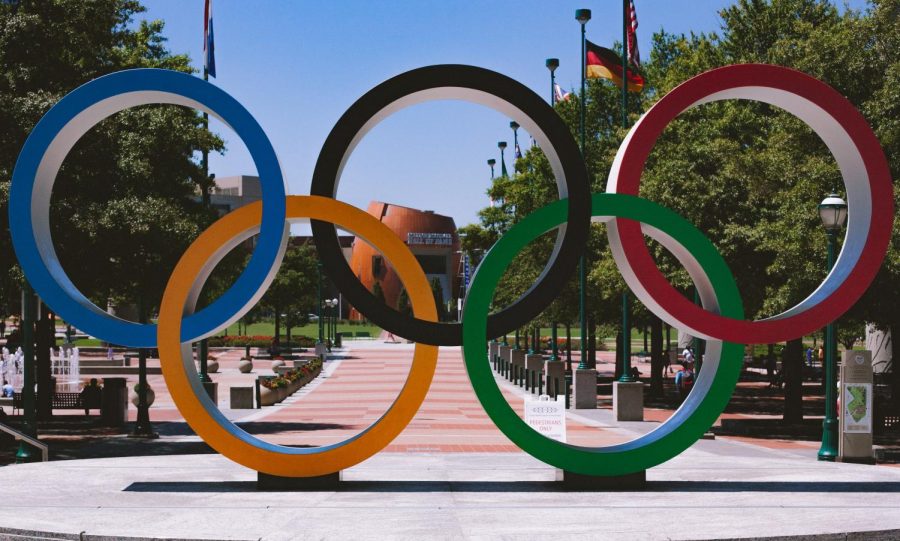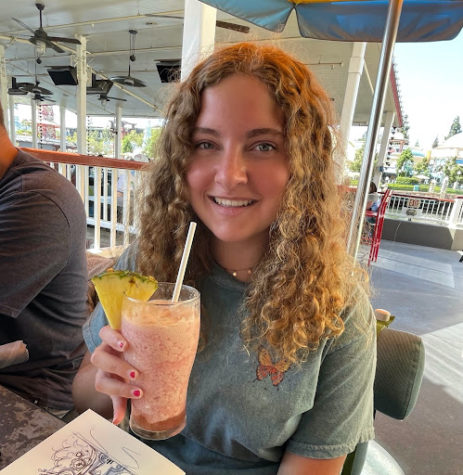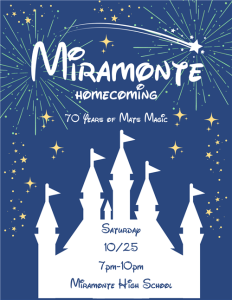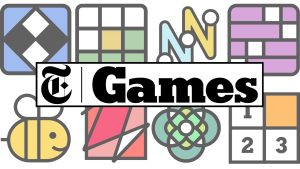The Olympics Issues New Policies for 2020 Games
April 21, 2020
The International Olympic Committee (IOC) postponed the 2020 Summer Olympics in Tokyo until 2021. Additionally, the IOC has taken measures to prevent athletes from protesting and expressing their political views at future games, barring them from demonstrating at a variety of events including the Olympic’s opening and closing ceremonies and during medal ceremonies.
IOC President Thomas Bach and Japanese Prime Minister Abe Shinzo discussed the COVID-19 outbreak in a conference call, ultimately deciding to postpone the games “to a date beyond 2020 but not later than summer 2021, to safeguard the health of the athletes, everybody involved in the Olympic Games and the international community,” the Tokyo 2020 Olympic website said. However, although the games will be held in 2021, they will keep the name Olympic and Paralympic Games Tokyo 2020.
But the rules of all future Olympic Games have been changed. January 9, the IOC released new rules restricting athletes’ ability to politically demonstrate or protest during the Olympic Games. According to the IOC’s new guidelines, “it is important, on both a personal and a global level, that we keep the venues, the Olympic Village and the podium neutral and free from any form of political, religious or ethnic demonstrations.” Explaining their decision, the introduction to the guidelines states, “If we do not, the life’s work of the athletes around us could be tarnished, and the world would quickly no longer be able to look at us competing and living respectfully together, as conflicts drive a wedge between individuals, groups, and nations.”
The document then goes on to answer possible questions people could bring up about the matter. “With demonstrations on the field of play, at the Olympic Village or during the official ceremonies, the dignity of the competition or the ceremony in question is destroyed for all the athletes concerned,” the IOC’s Rule 50 Guidelines said. Now, athletes’ political opinions, demonstrations, or protests may only be permitted at press conferences and interviews, team meetings, or on media platforms. Additionally, signs, armbands, political gestures, and refusal to follow the Olympic protocol is considered protest and will not be allowed.
“While the IOC may well end up with the protest-free Summer Games it’s hoping for, burying political speech on behalf of the world’s marginalized populations most likely won’t do anything to create a better world,” Katelyn Burns wrote in a January 9 Vox article on the topic.
The IOC also addressed what will happen to any athlete who fails to obey the new rules. “If an athlete or participant is in breach of Rule 50 and the Olympic Charter, each incident will be evaluated by their respective National Olympic Committee, International Federation and the IOC, and disciplinary action will be taken on a case-by-case basis as necessary,” the IOC guidelines states. These new policies will first be utilized at the 2020 Tokyo Olympics held in 2021 after the COVID-19 pandemic fades.








